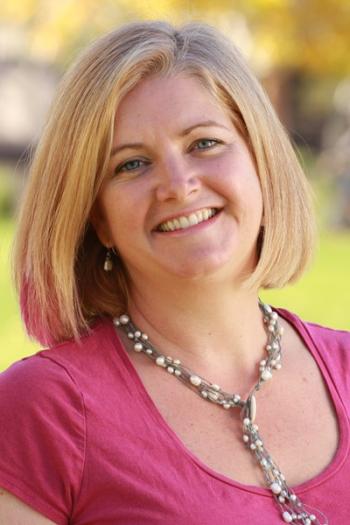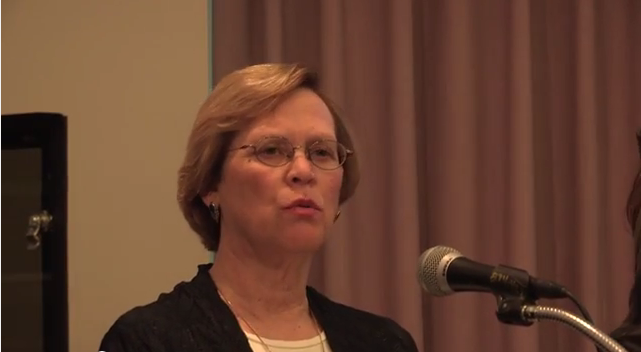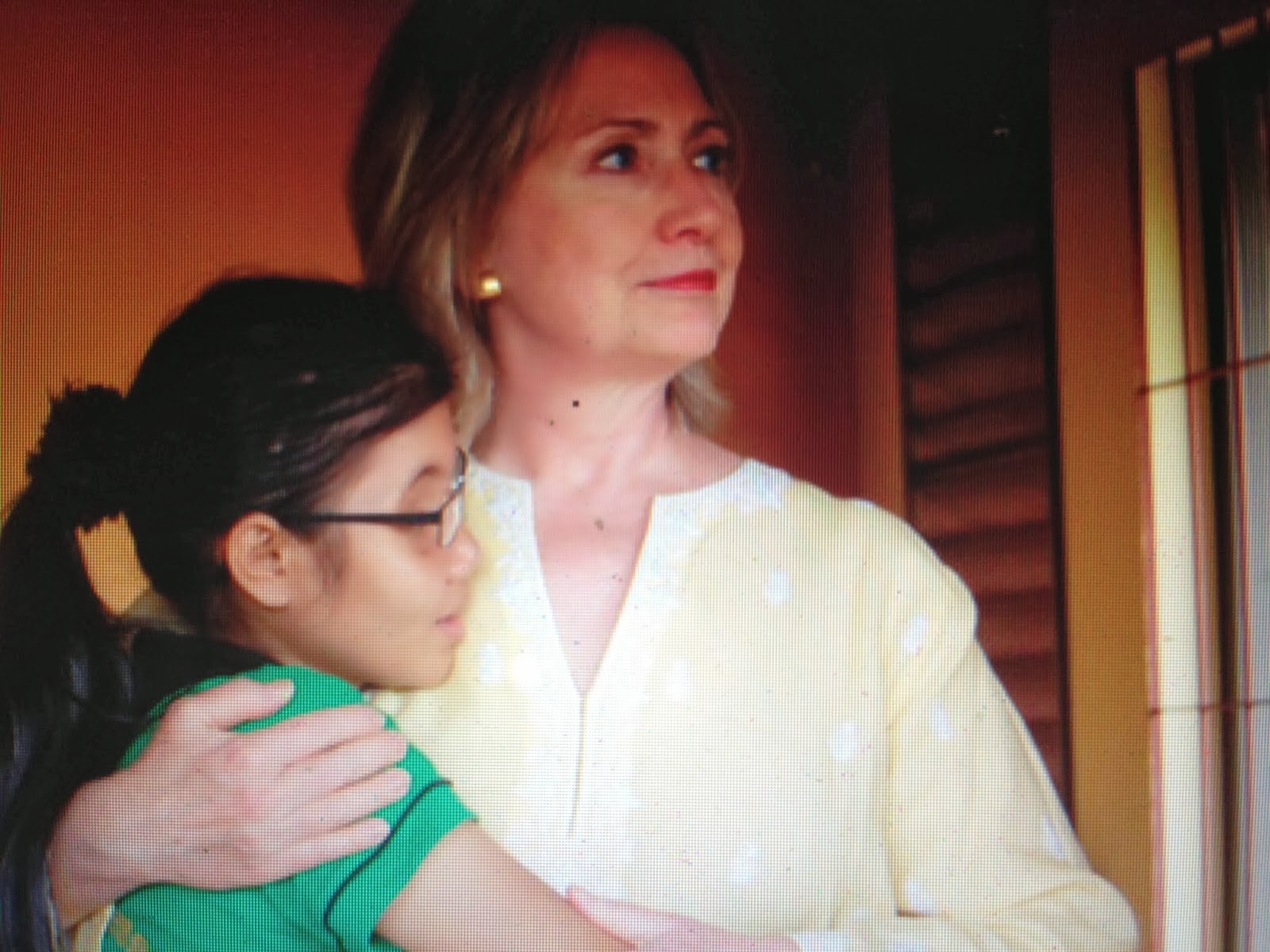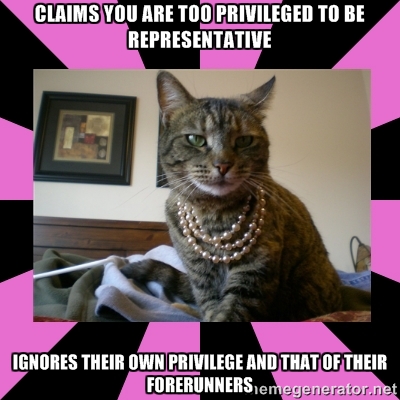In the fifth installment of her column, Big Mother Is Watching You, a guide to prominent anti-sex worker activists and officials, Robin D. outlines the major figures promoting the End Demand/Swedish Model phenomenon in the United States. When the Sex Purchase Ban passed in Sweden in 1999, prostitution was legal there. Proponents of the Swedish Model in the… Continue reading Big Mother Is Watching You: The Swedish Model Goes Stateside
Category: Big Mother Is Watching You
Big Mother Is Watching You: The Polaris Project & Rhode Island
For her fourth installment of Big Mother Is Watching You, a guide to prominent anti-sex worker activists and officials, Robin D. takes a look at the major advocates of the 2009 re-criminalization of indoor sex work in Rhode Island, where it had previously been protected by a legislative loophole. She also outlines heavyweight anti-trafficking organization Polaris Project’s… Continue reading Big Mother Is Watching You: The Polaris Project & Rhode Island
Big Mother Is Watching You: Hollywood Edition
For her third installment of Big Mother Is Watching You, a guide to prominent anti-sex worker activists and officials, Robin D goes to Hollywood to check out do-gooder celebrities and the whorephobic campaigns they run. Susan Sarandon and Meg Ryan Susan Sarandon and Meg Ryan were key players in NGO fraud Somaly Mam’s ascendence in Hollywood. Mam… Continue reading Big Mother Is Watching You: Hollywood Edition
Big Mother Is Watching You: Hillary Clinton
For our second installment of Big Mother Is Watching You, a guide to prominent anti-sex worker activists and officials, we’d like to remind you of a few salient facts about Hillary Clinton and her relationship to Somaly Mam, after the formal launch of Clinton’s second presidential bid on Sunday. While U.S. Secretary of State (2009-2013),… Continue reading Big Mother Is Watching You: Hillary Clinton
Big Mother Is Watching You: Mistresses of the Universe
Welcome to Big Mother Is Watching You, a guide to prominent anti-sex worker activists, most of them women. This new feature is brought to you by Robin D., veteran activist with SWOP-Denver. Today’s Mothers are a pair of powerful heiresses and philanthropists who, of late, have focused their efforts on influencing policy affecting sex workers. … Continue reading Big Mother Is Watching You: Mistresses of the Universe




